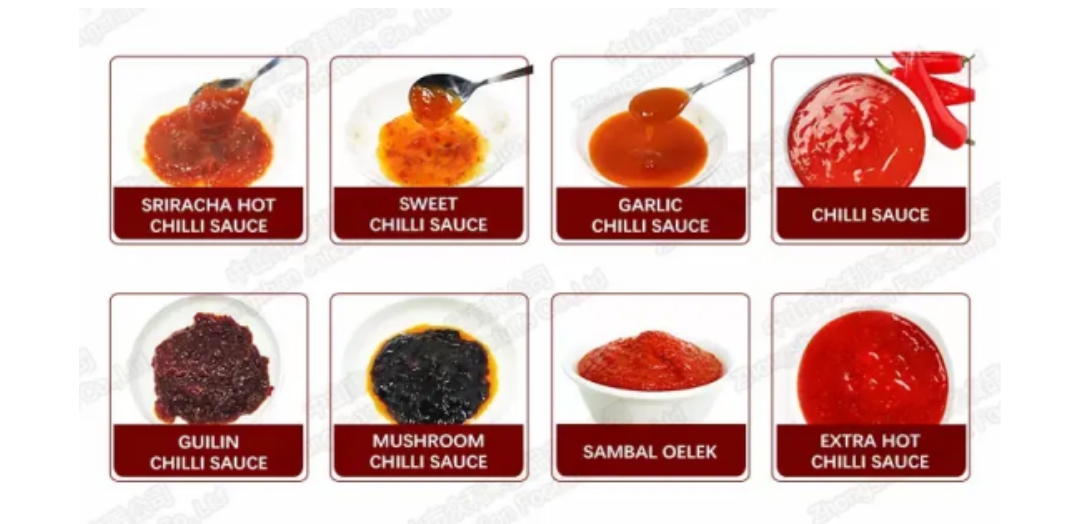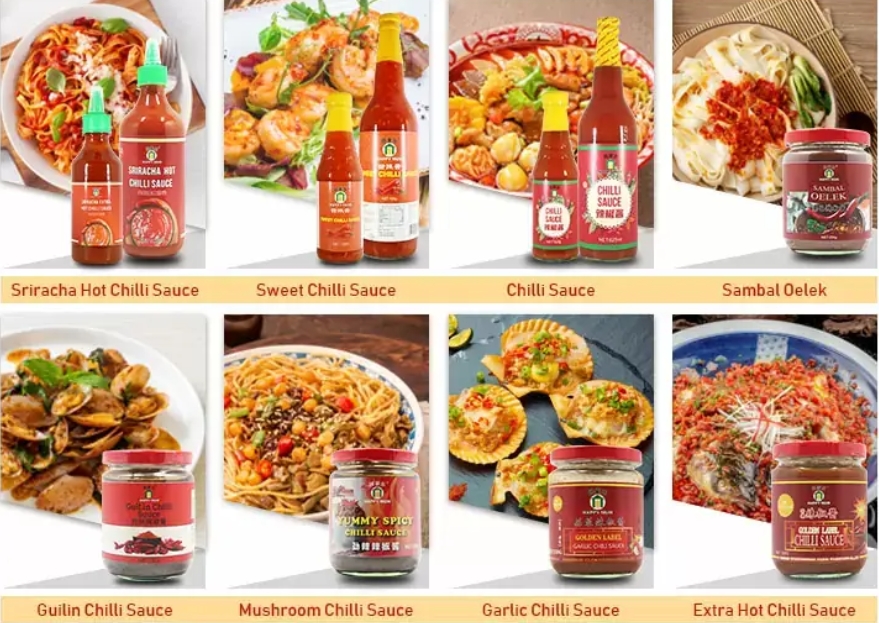Understanding the shelf life of hot sauce is crucial for both flavor preservation and food safety. After all, it is the least thing to have a lackluster, or worse, spoiled condiment that can ruin a culinary experience.
Then, how long does hot sauce last? This article will provide comprehensive information on the shelf life of hot sauce, ranging from factors influencing its longevity to tips to maximize its lifespan.
Read on to have more helpful insights!
Factors Influencing the Shelf Life of Hot Sauce
How long does hot sauce last? There are several elements that determine how long hot sauce remains good for consumption:
1. Ingredients
The primary components are crucial in determining the shelf life of hot sauce.
For instance, high-acid ingredients like vinegar and citrus juices act as natural preservatives, inhibiting the growth of spoilage-causing microorganisms. The addition of sugars or oils can also influence how the sauce ages.
Conversely, hot sauces with a higher proportion of fresh, low-acid ingredients like certain vegetables or fruits might have a shorter shelf life.

2. Production Methods
The way hot sauce is produced can also impact its shelf life. Commercially produced hot sauces often undergo pasteurization, a heat treatment process that kills bacteria and other microorganisms. This treatment method helps extend the shelf life of hot sauce. On the other hand, artisanal or homemade hot sauces that do not undergo pasteurization may have a shorter shelf life.
3. Packaging
Proper packaging is another critical factor in ensuring the longevity of hot sauce. High-quality bottles and caps that seal tightly prevent air and contaminants from entering, protecting flavor and freshness.
Generally, a hot sauce with proper packaging can last for up to 3 years or more. Then, how long is hot sauce good for after opening? Once opened, it may be good for 1 to 2 years when stored properly.
4. Storage Conditions
Finally, proper storage helps maximize the shelf life of hot sauce. Exposure to light, heat, and air can degrade the quality of the sauce over time. Typically, consistent, cool, and dark storage conditions are ideal for storing hot sauce. Plus, refrigeration can further extend the shelf life of opened hot sauce.
Decoding Labels: Best By vs. Expiration Dates
After learning about the factors that can affect the shelf life of hot sauce, let’s now explore the important dates on the hot sauce bottle, which are usually labeled as ‘Best By’ or expiration dates.
A “Best By” date indicates when the product is expected to maintain peak flavor and quality but does not mean the sauce is unsafe after that date. Expiration dates are stricter and signify when the product should no longer be consumed.
For most commercially produced hot sauces, you’ll likely find a “Best By” date. And the truth is that many vinegar-based hot sauces remain safe for years beyond their “Best By” date if unopened and stored properly.
How to Tell If Hot Sauce Has Gone Bad
While hot sauce generally has a good shelf life, it’s not immune to spoilage. Here are some telltale signs that your hot sauce might have gone bad:
- Mold Growth: Visible mold is a clear indication of spoilage. If you see any fuzzy or discolored growth, discard the entire bottle immediately.
- Significant Color Change: While some minor darkening can occur over time, a drastic or unusual color change could signal degradation.
- Off Odor: A pungent, sour, or otherwise unpleasant smell is a strong indicator that the sauce is no longer safe or palatable.
- Change in Texture: A significant thickening, thinning, or the development of a slimy texture are signs of potential spoilage.
- Bloated or Leaking Bottle: This could indicate the presence of gas-producing microorganisms, suggesting the sauce is fermenting or spoiling.
Tips for Maximizing Hot Sauce’s Lifespan
To enjoy hot sauce at its best for longer, follow these tips:
- Refrigerate After Opening: Especially for sauces with fruit or vegetable ingredients, refrigeration slows spoilage and preserves the flavor.
- Store in a Cool, Dark Place: Keep unopened bottles away from heat and light to maintain quality.
- Use Clean Utensils: Avoid contaminating the sauce by using clean spoons or pouring directly from the bottle.
- Tighten the Lid: Ensure the cap is securely closed to prevent air exposure and oxidation.
- Trust Your Senses: When in doubt, check for any off smells, colors, or textures before use.
JOLION Foods: A Trusted Name in Sauce Manufacturing
To have high-quality hot sauces, it is essential to purchase from a reliable brand or cooperate with a trustworthy manufacturer.
Among all, JOLION Foods stands out as a reliable hot sauce manufacturer committed to quality and safety. Their sauces are crafted using high-quality ingredients, advanced production methods, and stringent packaging standards to ensure extended shelf life and rich flavors.
With more than 20 years of experience in sauce manufacturing, this brand gets its reputation by adhering to various international certifications like HACCP and HALAL and offering professional ODM & OEM sauce services.
For now, JOLION Foods has been trusted by global brands. For those seeking premium hot sauces with dependable quality, exploring JOLION Foods’ offerings and services is highly recommended.
Conclusion
How long does hot sauce last? Hot sauce can last for years—typically 3 years or more—if it is made with high-quality ingredients, through stringent production processes, and with proper packaging and storage.
JOLION Foods exemplifies excellence in sauce production, providing products that meet these standards and inviting hot sauce lovers to discover their diverse and flavorful selections.
If you are a food brand or supermarket interested in sauce, it is highly recommended to contact JOLION Foods to learn more about its offerings and services!





























